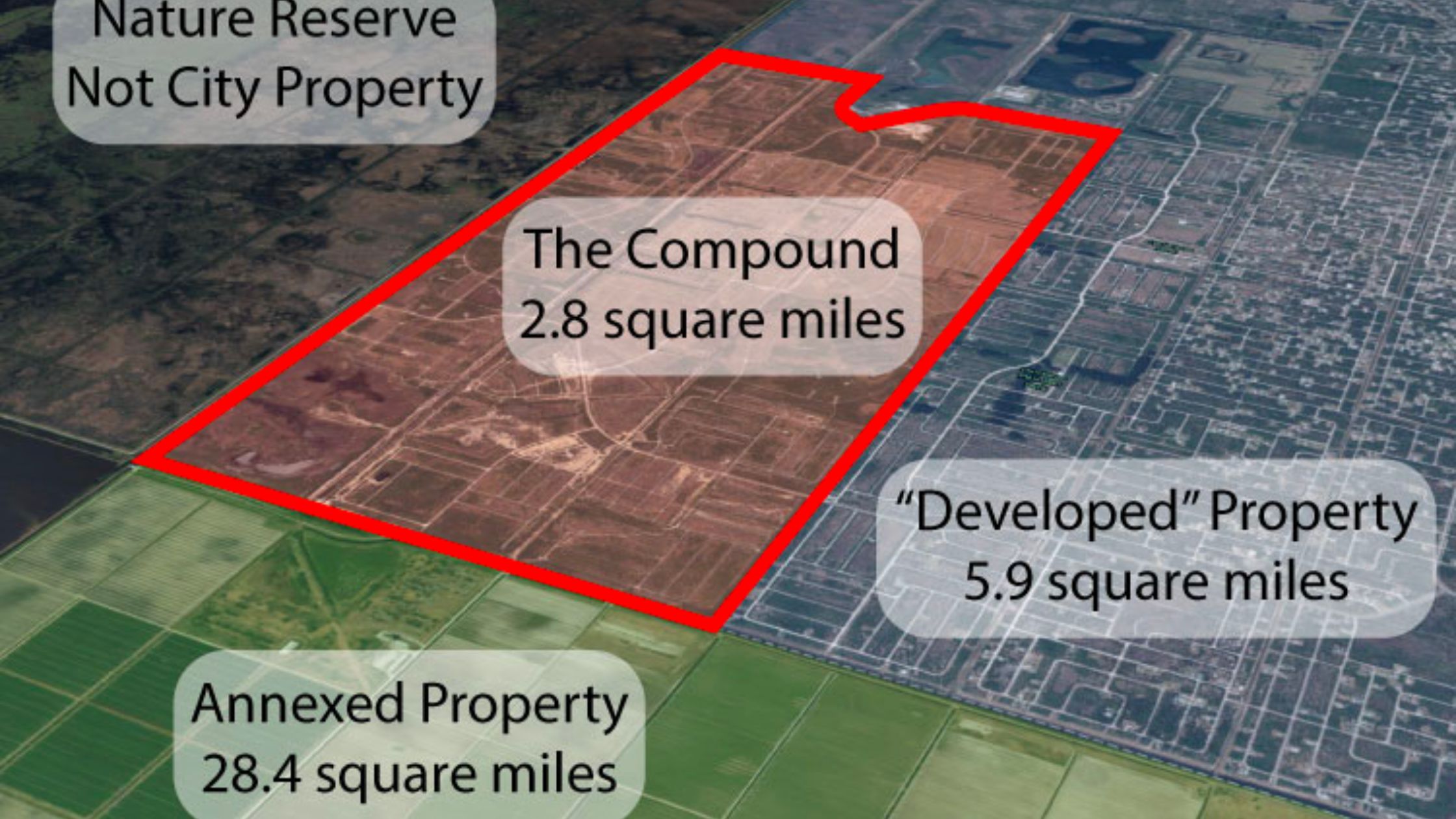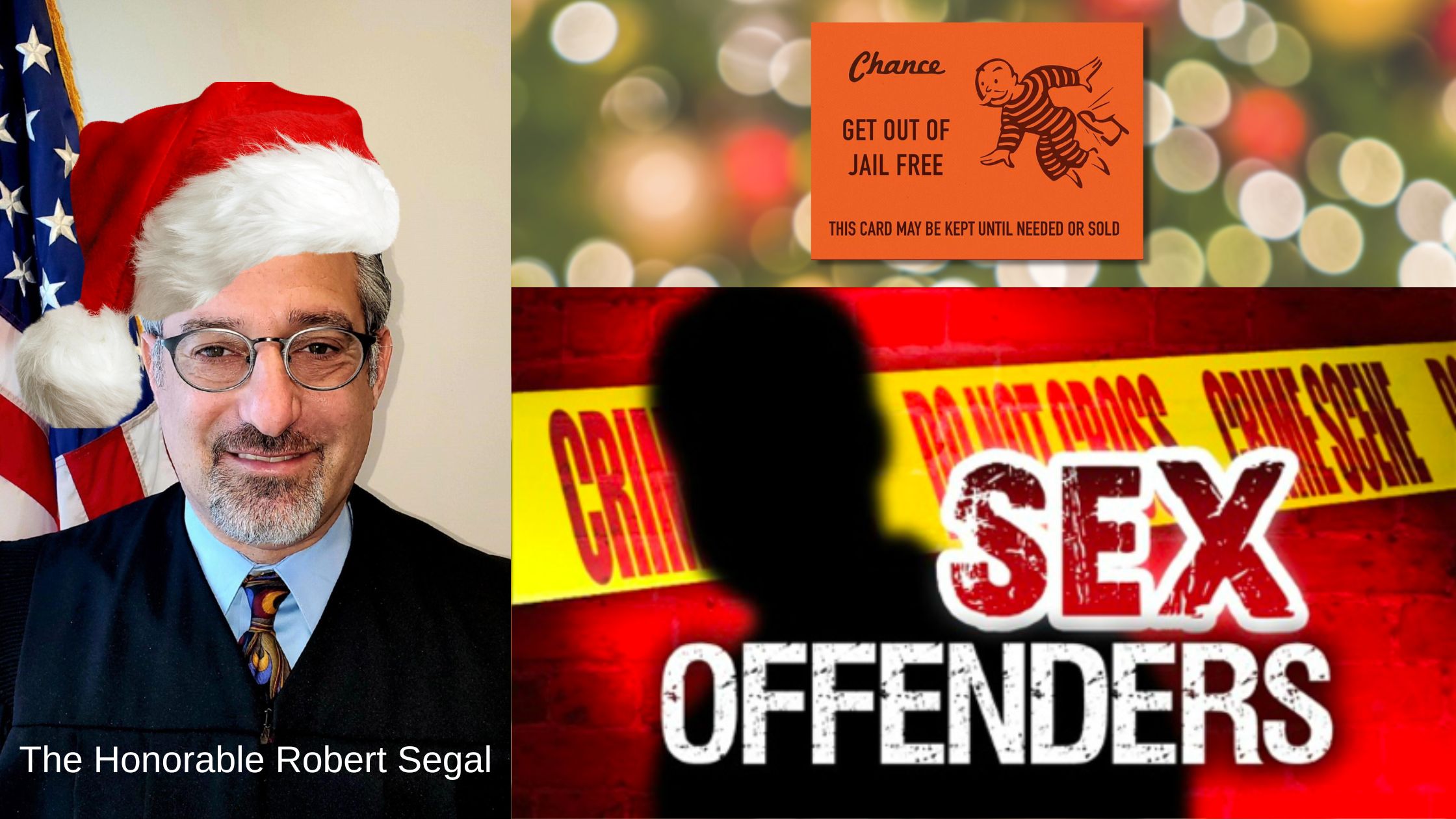A federal judge has issued a strong rejection of legislative attempts to restrict voting in Florida by blocking certain provisions of the state’s comprehensive new election law, ruling them unconstitutional. Chief U.S. District Judge Mark Walker sided with advocates for voting rights and immigrants who had sought a preliminary injunction against Florida’s Senate Bill 7050, arguing that it unconstitutionally suppresses political expression and undermines efforts to promote civic engagement and democratic participation.
According to Walker’s 58-page ruling, “Florida may, of course, regulate elections, including the voter-registration process. Here, however, the challenged provisions exemplify something Florida has struggled with in recent years; namely, governing within the bounds set by the United States Constitution. When state government power threatens to spread beyond constitutional bounds and reduce individual rights to ashes, the federal judiciary stands as a firewall. The Free State of Florida is simply not free to exceed the bounds of the United States Constitution.”
Senate Bill 7050, signed into law by Florida’s Republican governor and potential presidential candidate Ron DeSantis in late May, faced opposition and a lawsuit from the American Civil Liberties Union (ACLU), the NAACP, the Hispanic Federation, and others. The bill imposes restrictions specifically targeting third-party voter-registration organizations, including limitations on their activities, the type of work they can undertake, and who can be employed by them, under the threat of substantial fines.
The legal challenge focused on two provisions of the law. Firstly, the provision that would subject third-party voter-registration organizations to a $50,000 fine for each noncitizen who handles or collects voter-registration applications on their behalf. Secondly, the provision that would make it a felony for individuals collecting voter-registration applications for a third-party group to duplicate a voter’s application or retain their personal information, such as their Florida driver’s license number.
In his ruling, Judge Walker declared that the first provision violates the 14th Amendment’s Equal Protection Clause as it discriminates based on alienage. Regarding the second provision, he determined that it is excessively vague and fails to specify its precise applicability, suggesting that under one possible interpretation of the law, anyone working for a voter-registration organization who has collected applications could be prohibited from retaining certain information.
“The statute’s text is so devoid of meaning that it cannot possibly give people of ordinary intelligence fair notice of what information they are allowed to retain and for what purposes they may do so,” wrote Walker in the ruling.
In the court document, Walker emphasized that this case emerges from “Florida’s latest assault on the right to vote” and acknowledged that while the state is justified in pursuing integrity in its electoral system, its proposed solutions “are too far removed from the problems it has put forward as justifications.”
“The lack of alignment between restriction and government interest presents a dubious fit under rational basis review, and it falls far short of meeting the strict scrutiny this Court must apply,” he stated. “Furthermore, a provision as ambiguous as the information retention ban… can only result in arbitrary punishment.”
Although the ACLU of Florida commended the ruling as a step in the right direction, they emphasized that there is more work to be done. Daniel Tilley, legal director at the ACLU of Florida, stated in a Monday statement, “People in our communities, including noncitizens, work tirelessly to assist in voter-registration efforts to empower Floridians to vote on issues that impact their daily lives. We applaud the court’s decision, but we must ensure this harmful law is struck down altogether.”




